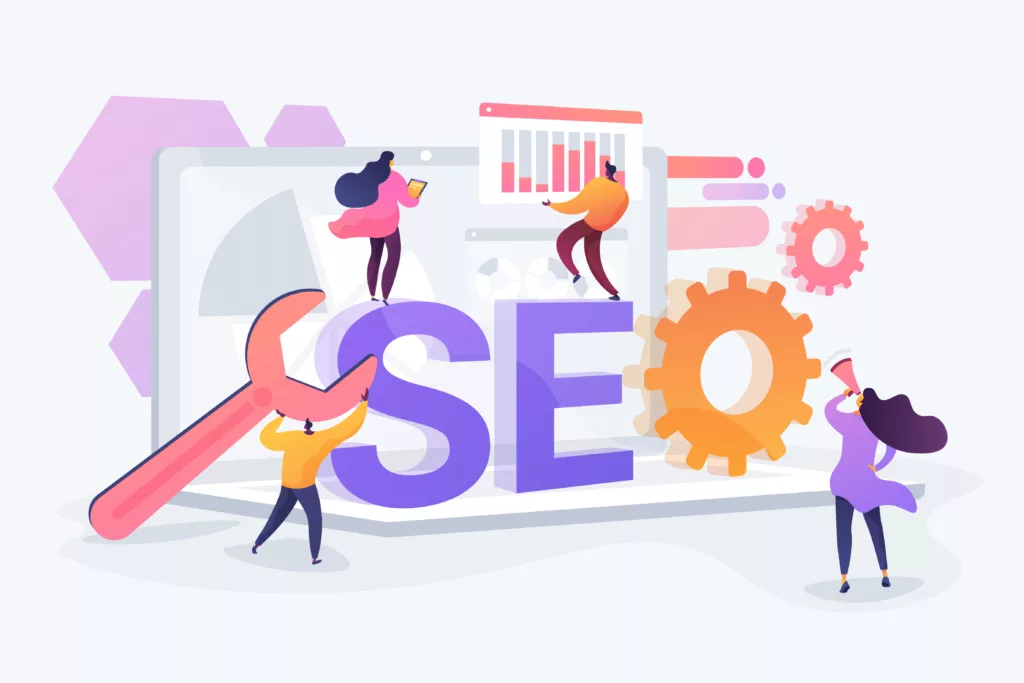SEO stands for Search Engine Optimisation. That means it’s all about getting your website noticed by search engines like Google. When your site ranks higher in search results, more people can find and visit it.
Whether you’re running a small business, or want to know how the internet works to take the next step in your company, this blog will show you how to use SEO to your advantage.
What is SEO?
When someone searches for information, products, or services related to your site, SEO helps your website appear higher in search results. This increased visibility can drive more organic (unpaid) traffic to your site, potentially boosting your audience and online presence.
Why is SEO so important?
SEO is your shop’s sign in the digital world. Without it, customers may never find you. Here is why it matters:
- Increased Visibility
SEO helps your website rank higher in search results, making it more likely that people will click on your link. No matter how valuable your content or products are, if people can’t find them easily, they’re less likely to discover and engage with your website.
- More Traffic
More visitors to your website can translate into various benefits, depending on your goals. For businesses, it often means more potential customers. SEO helps you tap into this potential by bringing in users who are actively searching for what you offer.
- Credibility
If two websites offer similar information, but one consistently appears on the first page of search results while the other lingers on the second or third page, many users are more likely to trust the one on the first page.
A strong SEO strategy can enhance your website’s credibility, potentially turning casual visitors into loyal customers or followers.
- User Experience
SEO isn’t just about search engines; it’s also about creating a better experience for your website visitors.
Search engines consider factors like page load speed, mobile-friendliness, and user engagement when ranking websites. When you optimise your site for SEO, you often end up improving these aspects as well.
The Key Elements of SEO
Now that you know why SEO is so important, let’s break down the key elements.
- Keyword Research
Effective keyword research is the foundation of a successful SEO strategy.
This involves identifying relevant keywords and phrases that your target audience is likely to use when searching for information, products, or services related to your website.
- Content Quality
Content is a critical factor in SEO, as search engines prioritise websites that offer valuable information.
You will need to produce high-quality, valuable, and relevant content that addresses the needs and interests of your target audience.
- Mobile SEO
With the increasing use of mobile devices, optimising your website for mobile users is crucial.
You need to ensure that your website is responsive and provides an excellent user experience tailored to all devices.
- Analytics and Monitoring
You can regularly monitor your website’s performance using tools like Google Analytics and Google Search Console.
These tools provide valuable insights into your site’s traffic, rankings, and user behaviour, allowing you to make data-driven decisions to improve your SEO strategy.
The world of SEO is constantly evolving. Search engines update their algorithms regularly, and new SEO strategies emerge. To stay competitive, it’s crucial to keep learning and adapting your approach.

